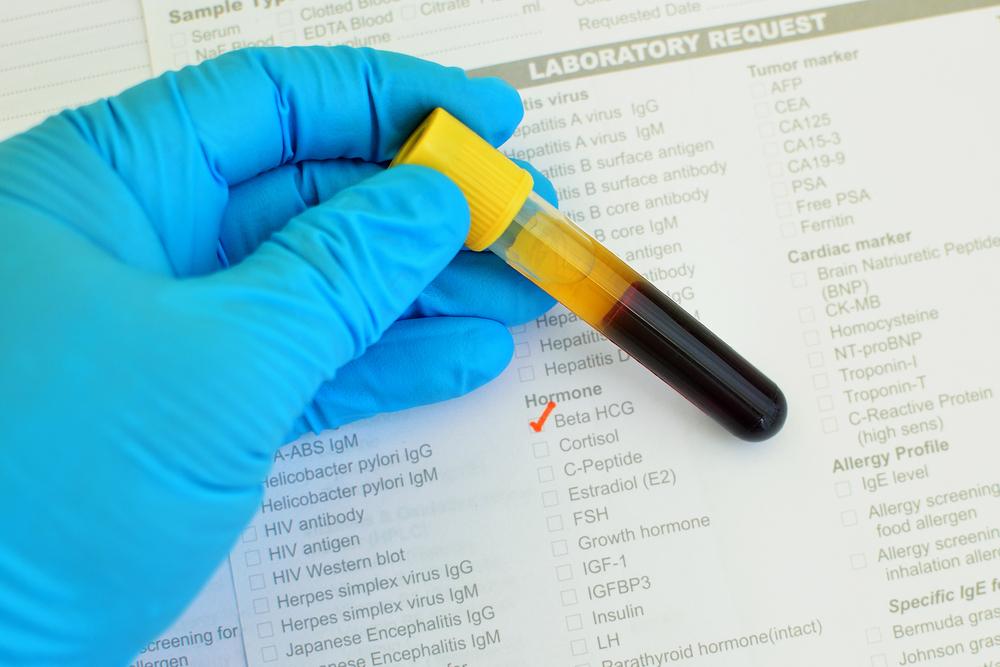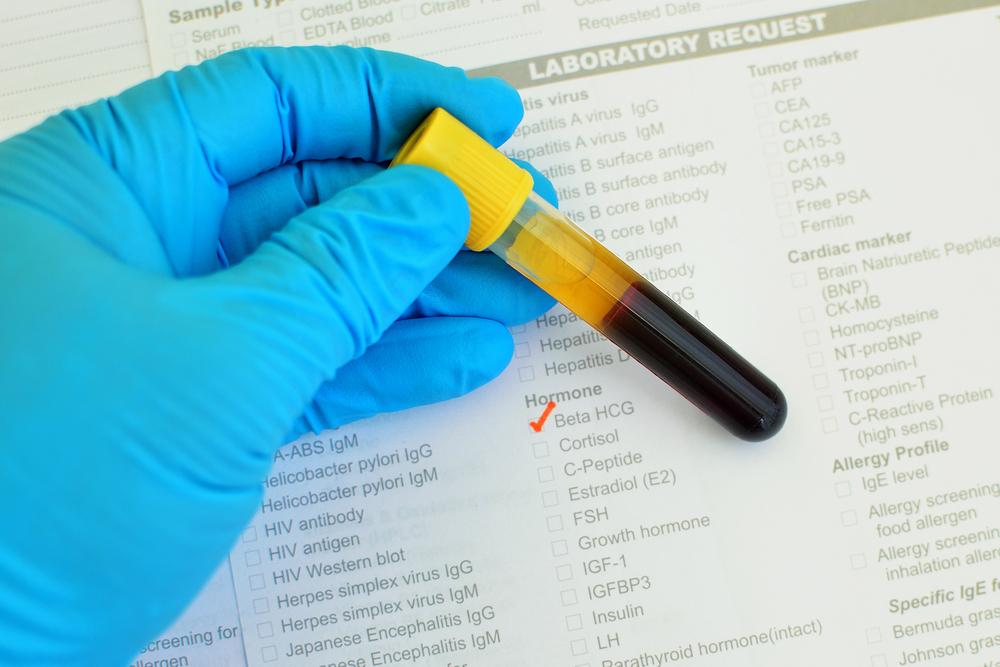Comprehensive Overview of Five Immunotherapy Strategies for Cancer Treatment
Explore the five major immunotherapy options revolutionizing cancer treatment. Learn how non-specific agents, T-cell therapy, vaccines, monoclonal antibodies, and oncolytic viruses activate the immune system to fight cancer effectively. This overview provides essential insights into cutting-edge therapies designed to improve patient outcomes and advance oncology care. Stay informed about innovative approaches offering hope for many cancer patients through immune-based strategies.

Immunotherapy, also called biologic therapy, employs agents either synthesized in laboratories or naturally produced by the body to enhance the immune system's ability to combat cancer. Its goal is to amplify immune functions to eliminate existing cancer cells, halt tumor growth, or prevent metastasis. There are five primary categories of immunotherapy:
Non-specific immunotherapies: These include agents like interleukins and interferons, which stimulate immune responses to target cancer cells, often used alongside traditional treatments or alone. Interleukins are primarily used for melanoma and kidney cancers, while interferons are utilized across various cancer types.
Adoptive T-cell therapy: This process involves modifying a patient's T-cells—immune cells responsible for fighting infections—so they can recognize and attack cancer. The T-cells are extracted, engineered to express specific receptors, expanded in the lab, and reintroduced into the patient to target tumors.
Cancer vaccines: These vaccines aim to train the immune system to identify and fight cancer cells by exposing it to tumor-specific antigens. They are classified as either preventive or therapeutic vaccines.
Monoclonal antibodies: Laboratory-produced molecules such as Avelumab and Pembrolizumab bind to cancer cell proteins, aiding the immune system's recognition and destruction of malignant cells. They also inhibit immune checkpoints that restrict immune responses, thereby boosting anti-cancer activity.
Oncolytic virus therapy: This approach delivers genetically engineered viruses like T-VEC directly into tumors. The viruses selectively infect and lyse cancer cells, prompting a immune response without harming healthy tissue. Multiple injections may be required until tumor eradication.
Disclaimer: Our blog provides diverse health content based on research and data, intended for informational purposes. It is not a substitute for professional medical advice, diagnosis, or treatment. The information should not be considered definitive, and readers are encouraged to consult healthcare professionals for personalized guidance. The site does not assume responsibility for inaccuracies or discrepancies across different sources, nor does it cover all possible treatments or offers.










